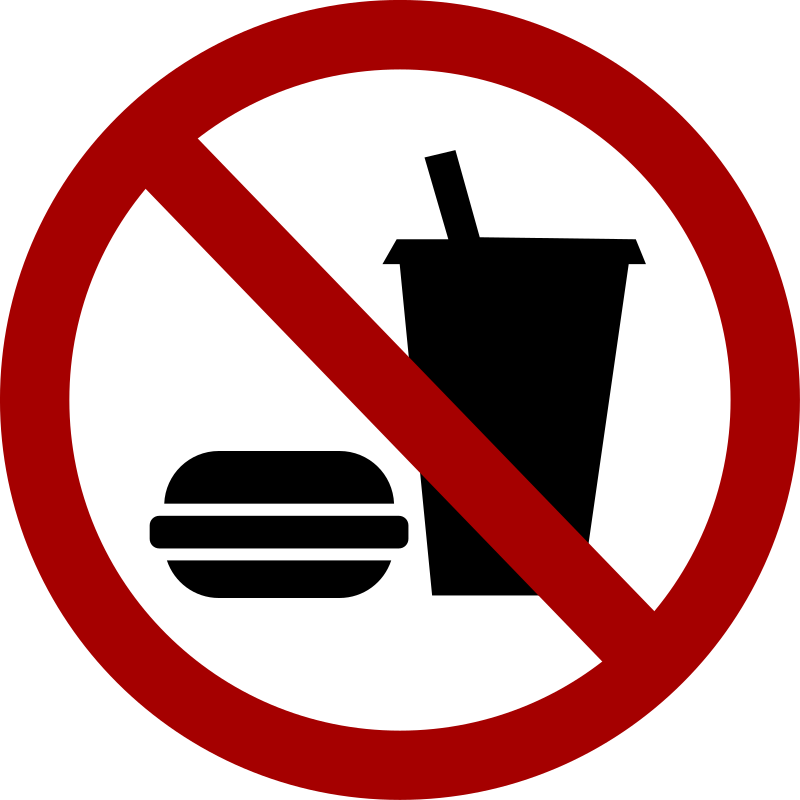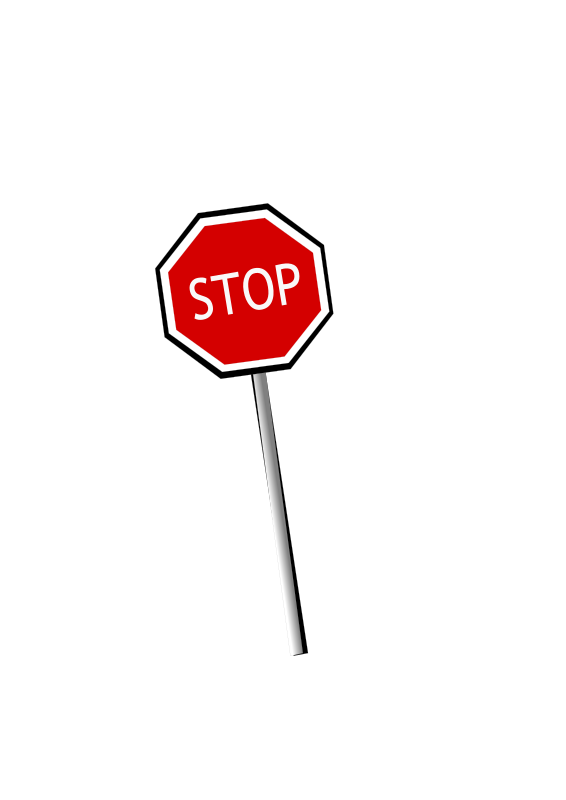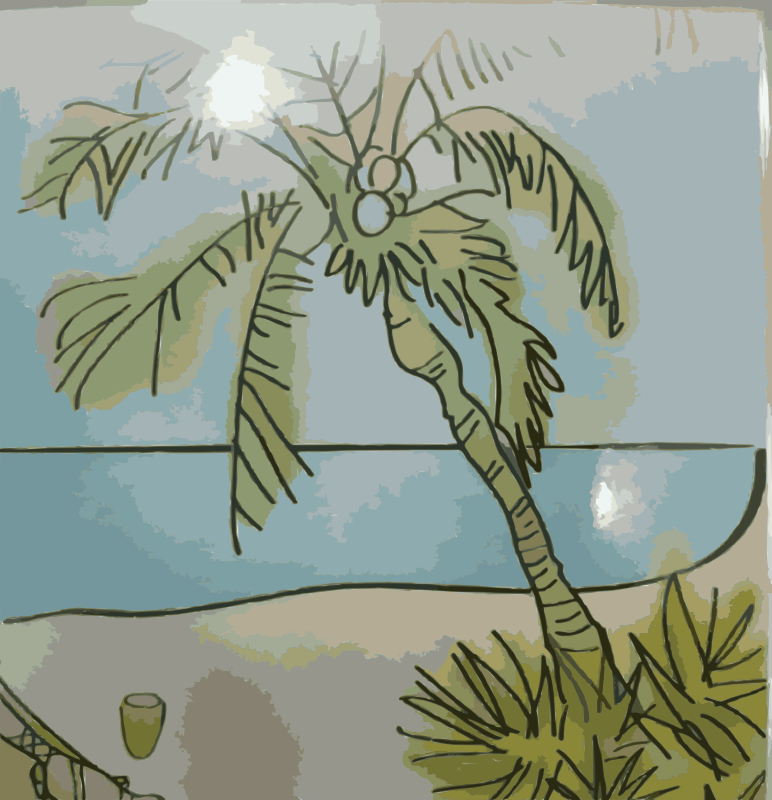Food and books go well together.
When you're nice and full from your Thanksgiving feast, there's nothing
as sweet as curling up with a good book. They seem to encourage
snacking, and sometimes a book is so good it's difficult to pull one's
eyes away to bother with looking at dinner. Why not cut right to it, and
add food directly into your books?
Even Characters Have to Eat
Everybody
eats. It's one of the universal truths that ties all human beings
together. I live in Kentucky, in the United States, and passionately
love books and basketball. But when it comes to food, I'm not so
different from the boy working on a farm that has no electricity in
Asia -- because I eat it, too. And that brings us right back to why you
want to add food to your books.
Anything that makes your
characters feel more real to readers is a good thing, and there's
nothing like food to do that for you. Have your character eating pizza
with friends or stopping at the fast food burger joint; we've all done
that, so we can all relate. Use food to help me relate to your
characters, because it'll work.
Food also allows you to be really
descriptive, and that's exactly what you want your writing to be.
Describe
the smell, the texture, the taste. Put me right there in that moment --
in that booth, eating pizza. Put me at the dinner table, cutting into
the steak.
Books allow readers to go to
new places, to meet new people...to try new things. Why can't one of
those things be food? It can be exciting to read about a food that I've
never tasted, to learn about some new dish. I read one book that
actually gave me a recipe, and I was delirious about it. I went
straight into the kitchen once I got to the end of the chapter, no
kidding. Use food to give your readers something new and different, and
it will make your writing more memorable and enjoyable.
Food and Books
Add
food to your books, and your readers will eat it up (pun intended). It
brings more flavor to the page, and your fans will end up being hungry
for more of your writing. I could do this all day, but now I'm the one
getting hungry. So think about ways to add more food to your writing
while you're eating today, and have a happy Thanksgiving!























